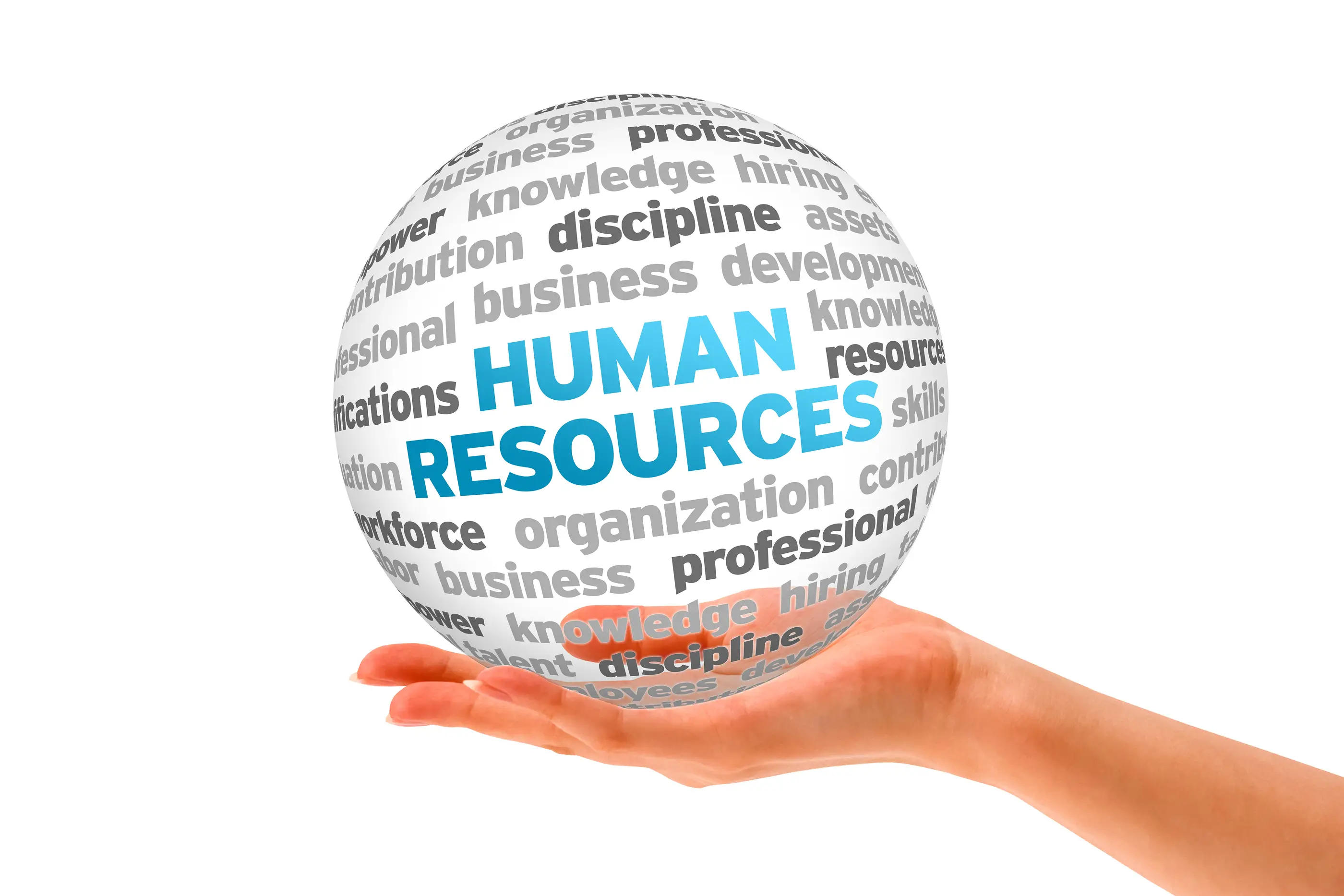
Human Resources (HR) plays a fundamental role in shaping the success of organizations by managing a wide array of functions centered around people 人力資源系統. This includes overseeing recruitment, training, performance management, compliance with regulations, and fostering a positive work environment.
Recruitment is one of HR’s primary responsibilities, beginning with understanding the organization’s staffing needs. HR professionals craft detailed job descriptions that highlight the skills, experience, and qualifications required for various positions. To attract suitable candidates, they use multiple channels such as online job boards, social media platforms, and professional networks. The recruitment process involves screening resumes, conducting interviews, and selecting candidates who not only meet the technical requirements but also align with the company’s values and culture. This process ensures that new hires are well-equipped to contribute to the organization’s goals from the start.
Onboarding is the next crucial step after hiring. It involves integrating new employees into the organization effectively. A comprehensive onboarding program helps new hires understand their roles, the company’s mission, and workplace culture. This phase often includes orientation sessions, training on company systems, and introductions to team members. Proper onboarding is essential for helping new employees feel welcomed and supported, which can lead to higher job satisfaction and lower turnover rates.
Ongoing training and development are key to maintaining a skilled and motivated workforce. HR is responsible for identifying training needs and organizing relevant programs. This includes professional development opportunities such as workshops, seminars, and online courses that help employees enhance their skills and advance in their careers. Continuous learning not only benefits employees by preparing them for future roles but also supports the organization by ensuring that its workforce remains competent and competitive.
Performance management is another significant aspect of HR. It involves setting clear performance goals, providing regular feedback, and conducting performance evaluations. Effective performance management helps align individual objectives with organizational goals, identifies high performers, and addresses areas needing improvement. Recognizing and rewarding outstanding performance fosters a culture of excellence and motivates employees to achieve their best. Managing employee relations, handling grievances, and resolving conflicts are also crucial for maintaining a positive work environment.
Compliance with labor laws and regulations is a critical function of HR. Ensuring that the organization adheres to legal requirements related to wages, working hours, health and safety, and anti-discrimination is essential for avoiding legal issues and ensuring fair treatment of employees. HR professionals must stay informed about changes in legislation and implement necessary policies and procedures to remain compliant. This responsibility helps protect the organization from legal risks and fosters a fair and equitable workplace.
Managing employee benefits and compensation is another important responsibility of HR. This includes designing and administering benefits packages such as health insurance, retirement plans, and other perks. Offering competitive compensation is vital for attracting and retaining talented employees. HR must balance the need to provide attractive benefits with budget constraints, ensuring that the compensation structure is both appealing and sustainable.
Creating and maintaining a positive workplace culture is also a crucial role of HR. This involves fostering an environment where employees feel valued, engaged, and motivated. HR implements various initiatives such as team-building activities, recognition programs, and wellness initiatives to promote a supportive and inclusive work environment. A strong workplace culture enhances job satisfaction, reduces turnover, and improves overall organizational performance.
In summary, HR encompasses a broad range of functions that are vital to an organization’s success. By managing recruitment, onboarding, training, performance, compliance, and workplace culture, HR professionals contribute significantly to the organization’s growth and efficiency. Their role in supporting employees and ensuring a positive work environment is essential for building a resilient and successful organization.